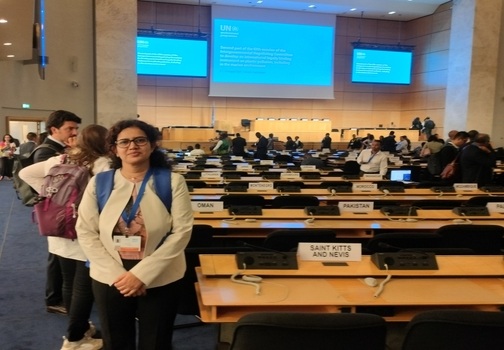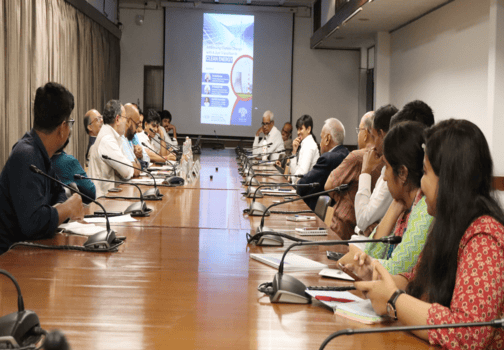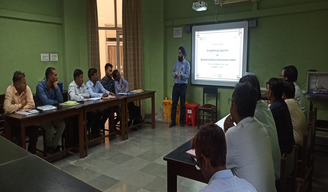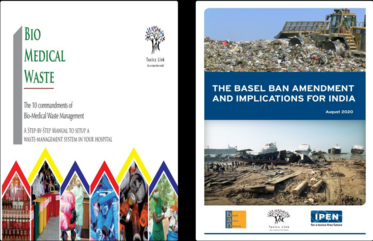
Title: An Insight of Mercury-Free Products in India
Publication Type: Research Reports
Year of Publication: 2021
Abstract:This study is an indication on the overall status of the mercury-free alternative products in India. It was found that in some of the sectors like health care and lamps, India has made considerable progress in shifting to the alternative products. However, the cost and quality of the products are the major concerns for India considering the wide diversity of the socio-economic class of people living in the country. Further information on the health hazards of mercury is low among the consumers, traders, manufacturers and the workers as well.Another important aspect of the study is that the domestic demand for mercury and mercury-free products are largely met with the import from China. Incidentally the study also reflected that with the ban on export of mercury products from China, business is getting affected particularly of health care instruments like thermometer and sphygmomanometer. Nevertheless, there are industries which are manufacturing mercury-free products in India and with suitable policy and government handholding India can become a manufacturing hub for the mercury-free products. Therefore, it’s the right time for the government to assess the current scenario and act accordingly to make it a mercury-free country and also emerge as a manufacturing hub for mercury-free products.
Suggested Readings
BPA study report
Keywords: india, Health, Food Safety, Delhi, NGO, Bhopal, exposure, Environment, Policy, BPA, Toxicity, ban, Toxics Link, Bisphenol-A, leaching, stakeholders, Samples, Alternatives, European Union, feeding bottles, BPA-free, World Health Organization, polycarbonate,...
Dark End CFL Need Better Management
‘Time to Reboot II’, as the title suggests, is in continuation to our first report last year which rated the top Producers of EEE in the country on their performance on EPR, and is a sustained effort towards improving compliance to theRules. The ?ndings of this report indicate that the Producers are still shying away from their responsibility and there is a need to address many gaps and improve e-waste management.For the complete findings please read the report.
Public Lecture Swachh Bharat Mission
‘Time to Reboot II’, as the title suggests, is in continuation to our first report last year which rated the top Producers of EEE in the country on their performance on EPR, and is a sustained effort towards improving compliance to theRules. The ?ndings of this report indicate that the Producers are still shying away from their responsibility and there is a need to address many gaps and improve e-waste management.For the complete findings please read the report.













